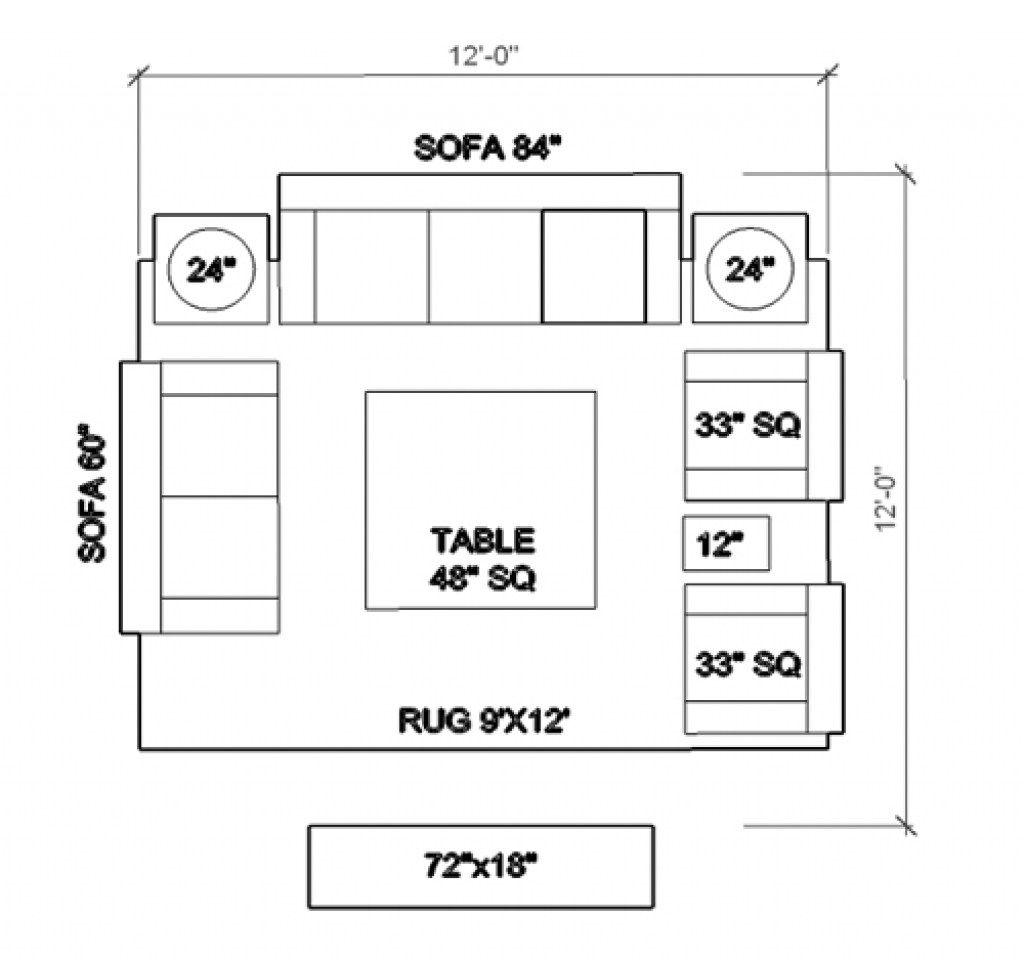Dims furniture, once a beacon of accessible minimalist design, ceased operations in November 2022. While their physical presence is gone, their influence on the affordable modern furniture landscape remains. This guide explores Dims’ design philosophy, product offerings, and the reasons behind its closure, while also providing a curated selection of alternative brands for those seeking similar aesthetics. For those looking to upgrade their workspace with similar minimalist functionality, consider exploring options like a desk drawer outlet.
Dims’ Design Ethos: Minimalism for the Modern Home
Dims’ core mission was to democratize good design. Founded by Eugene Kim, the company sought to offer high-quality, design-forward furniture without the luxury price tag. Their pieces were characterized by clean lines, simple shapes, and a focus on functionality. Like a well-made white t-shirt, Dims furniture was designed to be versatile and adaptable to various interior styles. This commitment to accessibility allowed a wider audience to experience the elegance of minimalist design. They collaborated with emerging designers, fostering innovation and fresh perspectives within their collections.
Product Range: Furnishing Every Corner
Dims offered a curated collection for every room in the home. Their living room sofas, often upholstered in neutral tones, were designed for comfort and style. Dining chairs, crafted with ergonomic principles in mind, encouraged lingering conversations around the table. Minimalist desks provided functional yet aesthetically pleasing workspaces, blurring the lines between home and office. This breadth of offerings allowed customers to create cohesive, stylish interiors without breaking the bank.
The Unforeseen Closure: A Gap in the Market
The closure of Dims in November 2022 left a void in the affordable modern furniture market. The exact reasons remain somewhat unclear, adding to the mystery surrounding the brand’s departure. This sudden closure left many design enthusiasts searching for alternatives that could capture the same minimalist spirit and accessible price point.
Finding Dims Furniture Today: A Treasure Hunt
While Dims no longer produces new furniture, their pieces can still be found on resale marketplaces. Platforms like Craigslist, Facebook Marketplace, and AptDeco offer the possibility of discovering pre-owned Dims treasures. This secondary market provides an opportunity for those still seeking the brand’s unique aesthetic.
Alternatives to Dims: Carrying the Torch of Minimalism
The minimalist design movement continues to thrive, and several brands offer similar styles and price points to Dims. While it’s impossible to perfectly replicate a brand’s unique identity, these alternatives provide a starting point for those seeking comparable aesthetics:
| Brand | Style | Price Range |
|---|---|---|
| Article | Mid-century modern, Scandinavian-inspired | Mid-range |
| Floyd | Modular, minimalist designs | Mid-range |
| Burrow | Customizable, modern furniture | Mid-range to High |
| IKEA | Scandinavian, contemporary styles | Affordable |
| West Elm | Modern, eclectic pieces | Mid-range to High |
This list offers a glimpse into the diverse landscape of minimalist furniture, allowing consumers to explore various options and find the perfect fit for their style and budget.
The Resurgence of Dark Furniture: A Shift in Aesthetics
Interestingly, while Dims championed a minimalist aesthetic often featuring lighter tones, the furniture world is experiencing a resurgence of dark furniture. This shift may suggest evolving tastes and preferences within interior design. This trend, often associated with “quiet luxury,” emphasizes high-quality materials, craftsmanship, and timeless designs. Dark woods, particularly walnut and mahogany, add depth and character to a space, offering a sense of sophistication and warmth. This renewed appreciation for richer tones and natural materials could indicate a long-term shift in design preferences.
Defining Designer Furniture: Beyond the Label
Understanding what constitutes “designer furniture” can be complex. It’s more than just a high price tag – it’s about originality, quality materials, impeccable craftsmanship, and often, brand recognition. Designer pieces originate from a specific designer’s vision, showcasing unique shapes, innovative materials, or fresh interpretations of classic designs. The use of premium materials like solid hardwoods and top-grain leather, combined with meticulous construction, ensures durability and longevity. Established design houses like Herman Miller, Knoll, and Vitra have earned reputations for their commitment to quality and innovation. While designer furniture undoubtedly adds elegance and personality to a space, it’s also an investment in pieces that can last for generations.
| Design Movement | Key Characteristics | Notable Designers |
|---|---|---|
| Mid-Century Modern | Clean lines, organic shapes, functionality | Charles and Ray Eames, Arne Jacobsen, Eero Saarinen |
| Bauhaus | Minimalism, functionality, geometric forms | Walter Gropius, Marcel Breuer, Mies van der Rohe |
| Art Deco | Geometric patterns, luxurious materials, ornate details | Jacques Ruhlmann, Émile-Jacques Ruhlmann, Paul Frankl |
| Scandinavian | Simplicity, natural materials, functionality | Arne Jacobsen, Alvar Aalto, Hans Wegner |
| Memphis | Bold colors, playful shapes, postmodern aesthetic | Ettore Sottsass, Michele De Lucchi, Nathalie du Pasquier |
Exploring these different design movements can help individuals refine their personal style and discover iconic pieces that resonate with them.
Integrating Dark Furniture: Balancing Light and Shadow
The incorporation of dark furniture requires careful consideration of balance and contrast. Introducing lighter elements through wall colors, rugs, and accessories can prevent a space from feeling too heavy. Contrasting textures, such as velvet pillows or woven rugs, add visual interest and depth. Strategic furniture placement, considering natural light sources, can further enhance the overall ambiance. Modifying existing dark furniture through painting or reupholstering offers another avenue for customization. Finally, implementing layered lighting – ambient, task, and accent – can illuminate the room and highlight key features.
Ultimately, the goal is to create a harmonious balance that reflects individual style and preferences. While trends may come and go, the principles of good design and quality craftsmanship remain timeless. The legacy of Dims, though cut short, serves as a reminder of the power of accessible, well-designed furniture.
- Greenhouse Storage Shed Combos: Your Guide to Combining Growing and Storage - April 21, 2025
- Greenhouse Shed Combo: Design, Build & Grow Year-Round - April 21, 2025
- Gingham vs. Plaid: What’s the Difference? A Complete Guide - April 21, 2025










